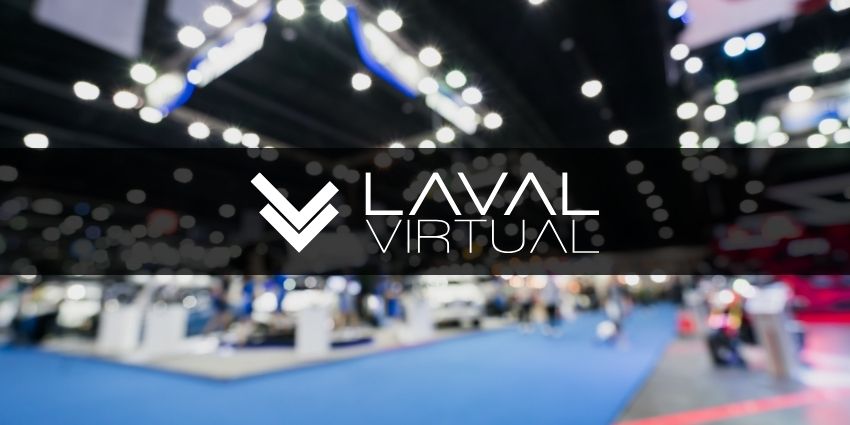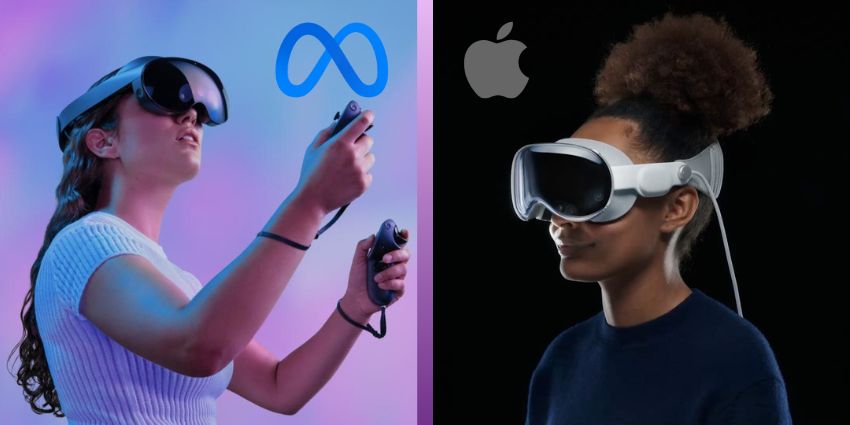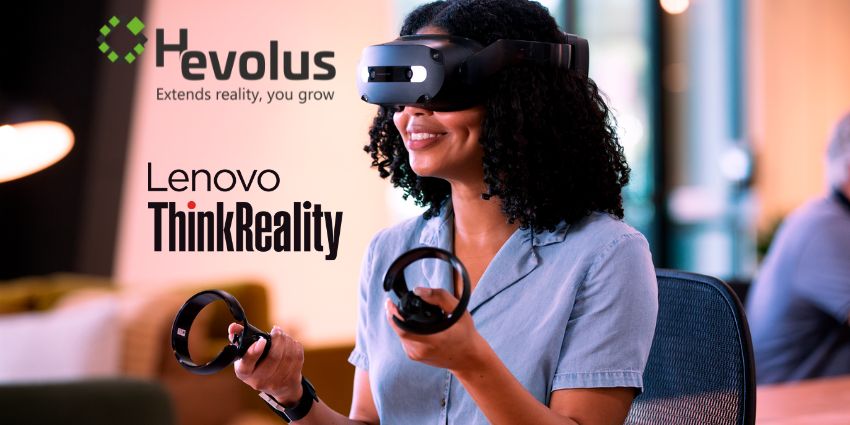2024 is on, and the XR industry never sleeps. With CES around the corner, the AR/VR/MR marketplace is already rumbling just days into the new year, with many significant developments in the immersive solutions space.
This week saw Microsoft, Google, Samsung, Qualcomm, Meta, and Sony move to optimize their product offerings and business operations.
XR vendors are accentuating the importance of 2024 for the XR space due to significant elements such as Apple’s headset, which is months away and Microsoft’s Microsoft’s Industrial Metaerse roadmap which is delivering its first products this month.
In the background, many start-ups and young XR firms could feel a shockwave of renewed interest in immersive solutions thanks to the influence of investments stemming from major international giants.
CES 2024 appears to have a strong XR presence this year. Before the immersive space focuses on the week ahead, here’s how XR took its first steps thi year.
Qualcomm Partners with Google and Samsung for New 4K XR Chipset
Qualcomm Technologies has unveiled a new chipset called the Snapdragon XR2+ Gen 2 Platform, designed to enhance the quality of XR displays, visuals, and the overall user experience. The firm also intends to support users and firms using AR smart glasses with integrated AI features.
The Snapdragon platform is the foundation for developing, deploying, and adopting AR/VR/MR applications. The XR2+ Gen 2 chipset is an affordable vendor option, providing a lower entry barrier for workplace AR/VR/MR.
Moreover, the chipset also helps boost consumer and enterprise-grade XR use cases on headsets and smart glasses, thanks to partnerships with Samsung, Google, Tobii, and Goertek, which provide visual clarity for gaming and productivity applications.
Qualcomm is positioning the XR2+ Gen 2 as a tipping point in XR hardware design and innovation due to its breakthrough features and specs combined with its launch partners. Shahram Izadi, Vice President of AR at Google, notes how Android ecosystem support will enable developers to collaborate with Samsung and Qualcomm to drive the future of immersive and spatial XR.
Qualcomm is working with over 5 OEM partners, including Samsung, HTC Vive, Immersed, and Play for Dream, to leverage the hardware in real-world settings and provide positive outcomes and results from the new technology. Furthermore, to continue its OEM success, Qualcomm is developing an MR & VR reference design, which Goertek helped create and Tobii assisted by integrating its eye-tracking technology.
Microsoft Axes MR Platform
Microsoft recently announced that it would discontinue its Windows Mixed Reality Platform; this decision comes after years of support for the platform that enabled PC headset users to utilize it to run AR/VR/MR applications.
This announcement has raised concerns about the future of the Hololens 2, which has faced many hurdles and controversies over the past two years. Last year, Microsoft also shut down its long-standing Metaverse platform Altspace VR, transferring some of its development team to its Mesh platform.
However, it is unlikely that the discontinuation of Windows Mixed Reality will lead to a decrease in the company’s XR products. Microsoft appears to be refining its XR products and focusing on the launch of its industrial Metaverse platform, which will support its upcoming VR/MR services. Specifically, it will help the Mesh product, a 3D platform that will be the foundation for Microsoft’s new VR/MR services – some of which are due this month.
Meta Reveals its Most Advanced XR Technology
Andrew Bosworth, Meta’s CTO and Head of Reality Labs, recently spoke about the latest innovations on an in-house prototype AR smart glasses device that Meta plans to launch this product later in the decade.
While the company is deeply involved in developing Meta/Ray Ban hardware, it also works on Project Nazare, a robust prototype AR smart glasses product. Despite several rumours surrounding the upcoming device, little is known about its features.
However, Bosworth’s recent comments provide insight into the device’s capabilities and how it could transform the industry.
Bosworth explained:
In the domain of consumer electronics, it might be the most advanced thing that we’ve ever produced as a species.
In other news, Meta has reduced the cost of its Quest 2 models and accessories in a strategic move to encourage the adoption of VR headsets following the initial surge in popularity.
By making VR headsets more accessible to consumers is critical to driving industry-wide adoption and ubiquity. Familiarizing audiences with immersive technologies in their homes makes introducing AR/VR/MR devices to decision-makers in the workplace more accessible.
Meta’s price reductions mean that the 128GB Quest 2 now costs $249.99, the 256GB Quest 2 is priced at $299.99, while refurbished 128GB units cost $229.99 and 256GB devices cost $269.99. Additionally, the company is reducing the cost of its accompanying Quest 2 accessories, including Elite Strap, Carrying Case, Elite Strap with Battery, Active Pack, and the Fit Pack.
Meta has also stated that with its new pricing model, the Quest portfolio “remains the most affordable way to get into VR and experience all that our industry-leading content ecosystem has to offer.”
GeniusXR partners with Sony to create a Volumetric Capture Studio
Sony has recently partnered with GeniusXR and The Alan B. Levan NSU Broward Center of Innovation to establish a Volumetric Capture Studio. The studio aims to create digital twins of real-world objects and people to cater to various enterprise and industrial needs. The partnership will enable the firms to extend the adoption of digital twin technology and develop new use cases for volumetric capture technology.
The partnership also seeks to innovate in XR and volumetric capture use cases for education, healthcare, and engineering industries. The studio will provide training and onboarding sessions for professionals interested in exploring digital twin technology and how businesses can leverage it.
The studio boasts of its volumetric technology, which can significantly accelerate the creation of digital twins. The studio’s content creation platform is already equipped for the new wearables predicted to arrive in 2024, including AR, VR, and MR devices.
The Levan Center of Innovation claims the studio can improve various enterprise use cases. Marketing groups can create immersive customer experiences for better sales outcomes with the help of digital twins of real-world equipment or training items. The facility has a team of on-site experts and leverages cameras and machine learning software technology from Sony to achieve these goals.






